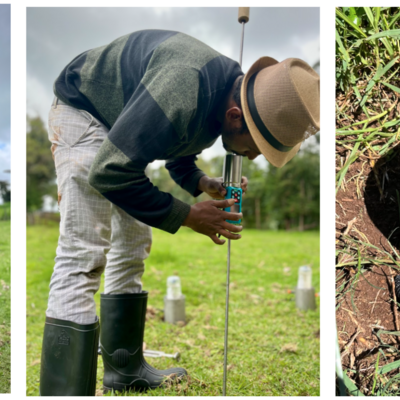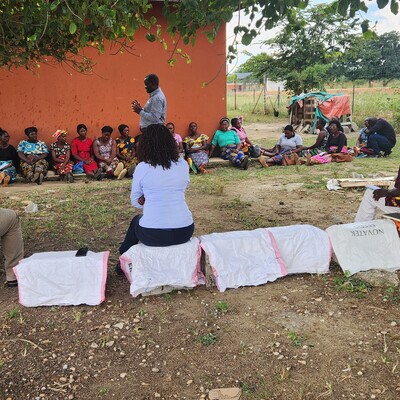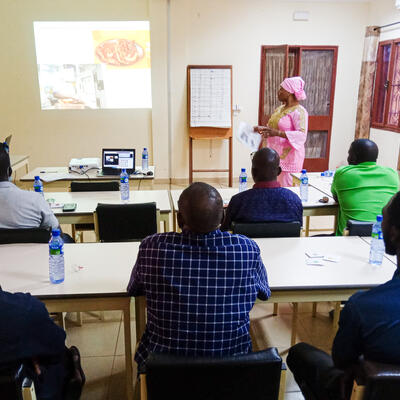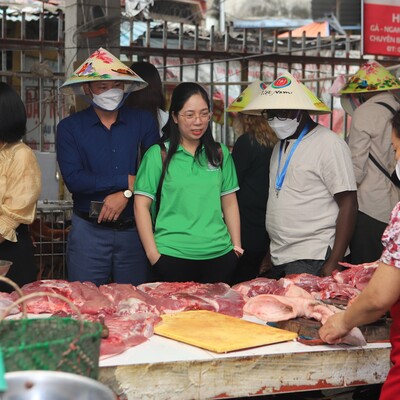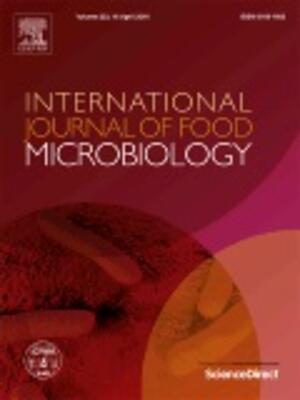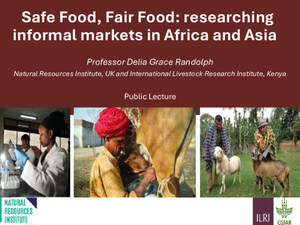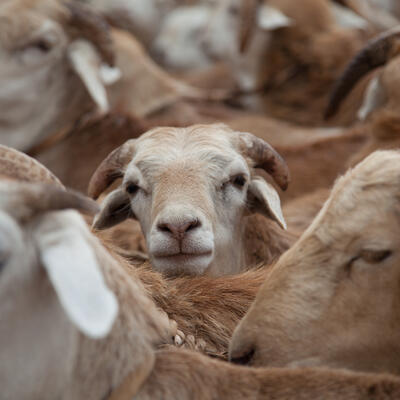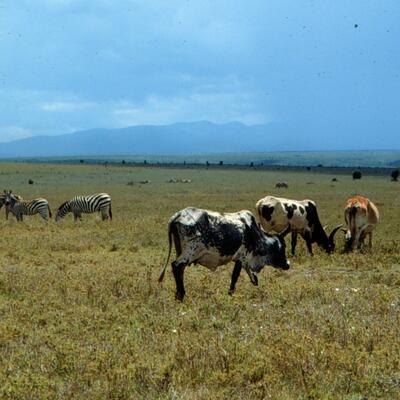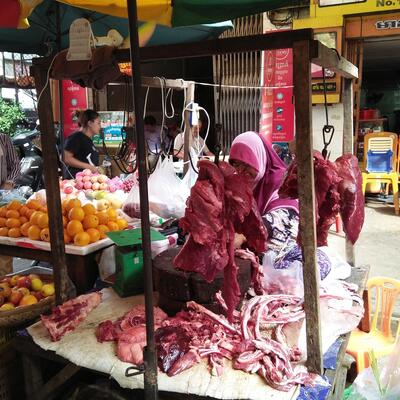
Safe Food, Fair Food 2: From capacity building to implementation
Millions of small-scale farmers efficiently supply the great majority of the meat, milk and fish market in Africa. Surging demand for livestock products and changing consumer demands (the Livestock Revolution) provide an opportunity to set poor farmers on pathways out of poverty, but also threaten the continued presence of smallholder farmers in increasingly demanding markets. While the presence of food safety hazards (such as microbial pathogens and residues) in informally-marketed food is high, the risk to human health is mostly unknown and current food safety management is both ineffective and inequitable. Risk-based approaches for assessing and managing food safety offer a powerful new method for reducing the enormous health burden imposed by food-borne disease, while taking into account other societal goals such as pro-poor agri-food sector development and food and nutritional security.
The ultimate goal of this second phase of the Safe Food, Fair Food project (Safe Food, Fair Food 2) is the improvement of livelihoods of poor producers and consumers by reducing the health risks and increasing the livelihood benefits associated with meat, milk and fish value chains. Its purpose is furthering research into the practical application of risk analysis and economic and social methods by food safety stakeholders and value chain actors, improving food safety and market participation of the poor in informal markets for livestock products in sub-Saharan Africa. The project contributes to this with outputs at two scales:
- At the level of meat, milk and fish value chains, it will pioneer and test a practical, whole-value-chain application of risk-based approaches to food safety in selected countries which are the focus of the CGIAR Research Program on Livestock and Fish. It will develop, test and communicate the technologies and methods to improve food safety and enhance smallholder market access.
- At regional scale, it will work through the food safety ‘champions’ supported in the completed phase to better incorporate risk analysis and economic valuation methods into food safety policy, commercial practice and veterinary education.
The project will work in four countries (Ethiopia, Senegal, Tanzania and Uganda) and with university and research networks and economic communities in East, West and southern Africa. It will build directly on previous work supported by the BMZ-funded Safe Food, Fair Food project that increased capacity and generated evidence for improving food safety in eight African countries, training over 50 food safety stakeholders and supporting 20 postgraduate research projects.
Principal investigator: Delia Grace (d.grace@cgiar.org)
Project coordinator: Kristina Roesel (k.roesel@cgiar.org)






